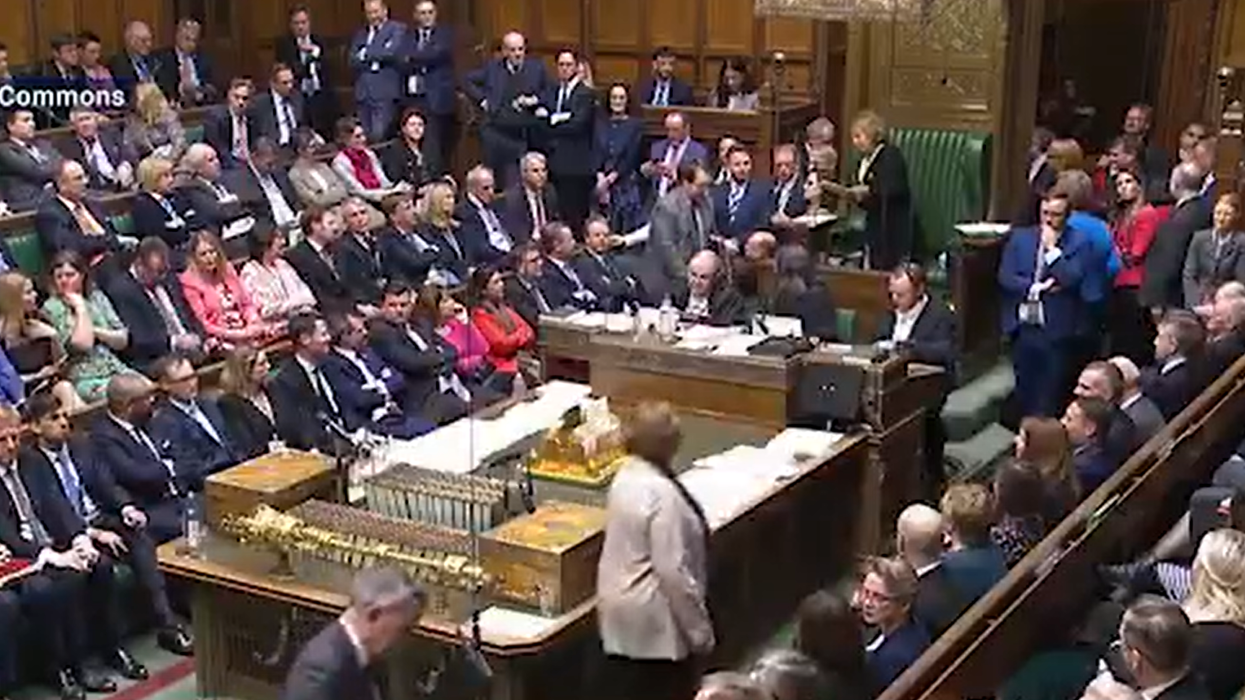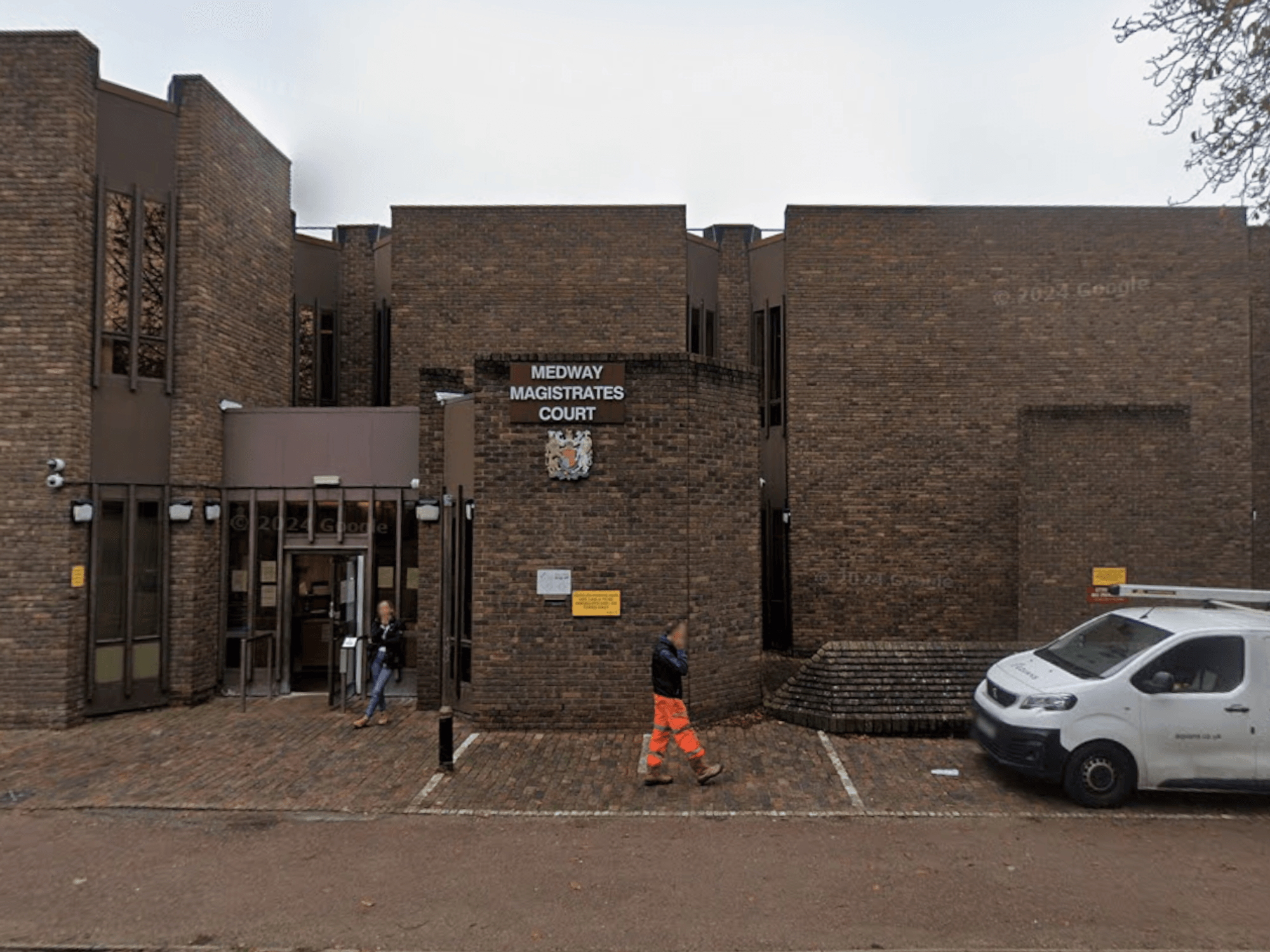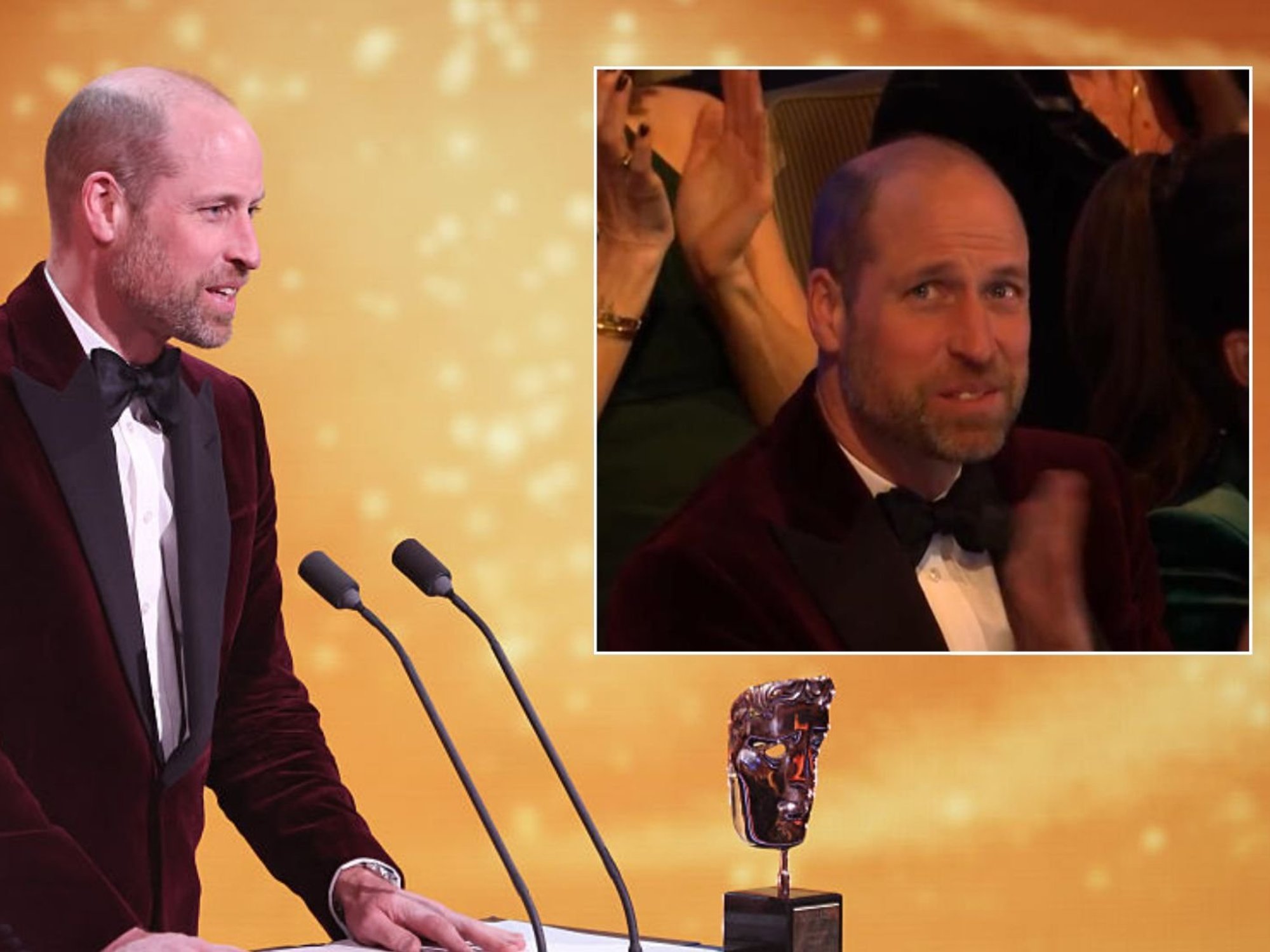'Britain needs people to represent real working class heroes - our governing classes treat us like peasants,' says Michael Booker

House of Commons
| GBN'Voter apathy is palpable'
Don't Miss
Most Read
Latest
I don’t think I went to the right school.
I don’t think I went to the right university either.
Having edited the Daily Star Sunday, The Daily and Sunday Express and GB News there’s plenty who’d say I’ve never been guilty of working at the right places.
One thing that is for certain is that, like most people in this country, I’ve never been a member of the right club.
This came to mind last week when the only club I have ever been a regular, Klute nightclub in Durham, closed its doors for the last time.
Klute, down a little cobbled hill off the city’s Elvet Bridge, was no different to similar late-night venues found in towns and cities across the UK.
Before they changed the licensing laws it was one of those places in the 90s and early noughties where you could get a bottle of Hooch Lemon or six after last orders at the pub.
Klute though stood out from the rest for three key reasons.
Firstly, its name.
Most city centre nightspots are called something corny like ‘The Roxy’ or ‘Neon Nights’ or, in borderline criminal cases, ‘Boogie Wonderland.’
But not Klute.
It was named after a cool early 70s movie thriller starring Jane Fonda and Donald Sutherland.
According to Wikipedia the film’s themes are ‘paranoia, conspiracies and surveillance’.
Coincidentally, they were also the three things’ clubbers experienced in the days after their boyfriend or girlfriend had found out they’d had a night there without them.
The second thing that gave it a certain notoriety was its ownership.
It was ran day-to-day by Phil Cummings, the uncle of Dominic Cummings, the man whose eyesight was once so bad he mistook Barnard Castle for a branch of Specsavers.
Indeed, Dominic worked there too, developing his Brexit hardman image by sometimes manning the door with the bouncers, his eyesight at that time clear enough to spot whether someone was sober enough to be allowed in.
Funnily enough Klute did reflect Brexit to some extent.
Most weekends it was 52 per cent men - 48 per cent women.
And like Brexit, the 48 per cent usually found the 52 per cent pretty repulsive.
The third, and most crucial thing that helped bring Klute to national attention was the clientele.
Like other city centre clubs it was mainly a local working class institution – the place locals ended up on a Friday and Saturday night to let off steam after a busy week at the grind.
But Durham’s also a big university town, attracting thousands of big brains who weren’t quite clever enough for Oxford or Cambridge, but still determined to end up running the country and tell us what to do.
Now grown up and more likely to be members of Soho House, The Garrick and the ruling classes, many of those big brains were quoted on social media and in various newspaper reports relaying their ‘fond’ stories of roughing it ‘up north’ in Durham with the commoners away from life at mater and pater’s country pile.
Memories of Klute’s ‘sticky floors’ and ranking as ‘Europe’s second worst nightclub’ became the prevailing narrative.
It’s the sort of commentary certain people reserve for working class institutions.
But their smug, snooty comments do reflect something of what our political and media establishment class think of norther Red Wall, Brexit voters and working class culture as a whole.
People who also aren’t members of the right Club.
We’ll hear a lot about the Red Wall as we head for the general election.
The phrase became shorthand to many in media and politics for northern or working class voters – apt also because some of them probably think we’re thick as bricks too.
There’s been Substackeringly high levels of patronising words written about the voting psychology of the Red Wall by the longreader-arti on both sides of the political divide.
But all the academic showing off ignores the fact that most people want a couple of simple things from their government - common sense leadership and a chance in life.
Now that chance can mean many things.
To some it’s a decent job and a car to others it’s the ability to use their ambitions in life to get to the very top of the career they want.
But the establishment – those in The Club - can’t always understand that.
For example they certainly don’t understand someone like Lee Anderson.
Lee’s not everyone’s cup of tea.
To be honest he frightens the hell out of me and I’m technically his boss for part of the week.
But he reminds me of a lot of the people I grew up amongst – family included.
People with a strong sense of right and wrong who will speak their minds forcibly if they feel they’re wronged.
People like GB News Members.
But the modern-day Labour and Conservative parties both showed they can no longer handle authentically real people in their ranks… so good luck to Richard Tice too.
Look at the number of MPs stepping down before the election to see how many of the political class come from another world.
I mean, can you imagine been that well off you can afford to give up a £91,000-a-year job without a fight?
Last week’s local and mayoral elections show the country is Labour’s to lose.
But voter apathy is palpable, and outside the ‘podcast and prose’ political media class there’s no excitement I can see about the choice on offer.
Many of us just don’t know who to vote for anymore with plenty – particularly in those urban working class areas – ready to give up voting altogether.
You see, they no longer feel as though they have anything in common with those running ‘The Club’ and they’ll never stand a chance of joining.
The only hope for the next election is that we get a generation of MPs made up not of political graduates or former special advisors but real people with real experience of life.
We need people to stand up and represent real working class heroes, heroes like the key one in my life; my dad.
Like a lot of the Post-war generation, he worked relentlessly hard from leaving school at the age of 16 – eventually raising a family with the least amount of contact with the state.
All he wanted to know was that his hard-earned tax money was being spent correctly and some support would be there if he ever faced true adversity.
In the end, what seemed like 20 minutes after he finally retired at the age of 70 he was diagnosed with a terminal disease and was left at the mercy of a floundering NHS for the rest of his days.
It’s time that those in ‘The Club’ started standing up for those who do the real hard work in this country, but I won’t hold my breath.
If I can paraphrase John Lennon, a working class hero is still something to be.
But unfortunately, our governing classes still treat us like peasants as far as I can see.
Michael Booker is GB News Editorial Director










